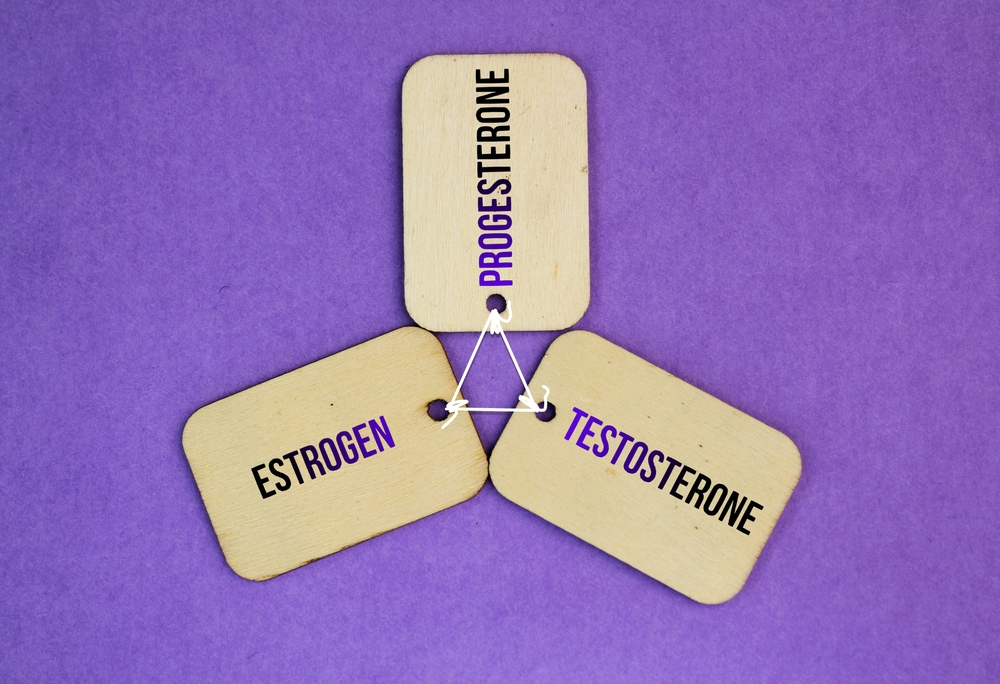Do Hormones Affect Gut Health and IBS?
Hormones play a critical role in nearly every bodily function, influencing how we feel, think, and even digest food. Over the past few decades, researchers have explored the complex interplay between hormonal health, gut function, and conditions like irritable bowel syndrome (IBS). This article delves into how hormones impact gut health and IBS, providing a thorough understanding of their relationship and actionable insights for improving both hormonal and gut health.
Understanding Hormones and Their Functions
Hormones are chemical messengers produced by endocrine glands, such as the thyroid, adrenal glands, and ovaries. They regulate numerous physiological processes, including metabolism, mood, stress responses, immune function, and digestion. The balance of these hormones is vital for overall health.
Key hormones that affect gut health include:
- Cortisol: The stress hormone that can impact digestion and gut motility.
- Estrogen and Progesterone: Female sex hormones that fluctuate during menstrual cycles, pregnancy, and menopause.
- Thyroid Hormones: Regulate metabolism and influence gut motility.
- Serotonin: A neurotransmitter primarily found in the gut, where it affects bowel movements and gut sensitivity.
The Gut-Hormone Axis
The gut and hormones share a bidirectional relationship, often referred to as the gut-hormone axis. This means that hormonal imbalances can affect gut health, and vice versa. For example:
- Gut Microbiota and Hormones: The gut microbiome, a collection of trillions of microorganisms, influences hormone production and metabolism. For instance, gut bacteria can metabolize estrogen, impacting its levels in the body.
- Hormonal Fluctuations and Gut Function: Changes in hormone levels, such as during the menstrual cycle or stress, can alter gut motility, permeability, and sensitivity, potentially triggering IBS symptoms.
Hormones and IBS: A Closer Look
Irritable bowel syndrome is a functional gastrointestinal disorder characterized by symptoms like abdominal pain, bloating, diarrhea, and constipation. While its exact cause remains unclear, IBS is influenced by several factors, including diet, stress, and hormones.
- Stress Hormones (Cortisol): Chronic stress elevates cortisol levels, which can disrupt the gut barrier, leading to increased intestinal permeability (“leaky gut”). This allows harmful substances to enter the bloodstream, potentially triggering inflammation and exacerbating IBS symptoms. Stress also alters gut motility, which can lead to diarrhea or constipation.
- Female Sex Hormones (Estrogen and Progesterone): Women are twice as likely to suffer from IBS as men, highlighting the role of female sex hormones. During the menstrual cycle, estrogen and progesterone levels fluctuate, which can:
- Increase gut sensitivity, leading to pain and bloating.
- Alter bowel habits, with some women experiencing diarrhea or constipation at different points in their cycle.
- Impact gut microbiota composition, potentially contributing to IBS symptoms.
Menopause and pregnancy also bring significant hormonal changes that can worsen or alleviate IBS symptoms. For example, some women report improved IBS symptoms during pregnancy due to higher progesterone levels, while others may experience worsening due to changes in gut motility.
- Thyroid Hormones: Thyroid disorders, such as hypothyroidism and hyperthyroidism, can mimic IBS symptoms. Hypothyroidism slows gut motility, leading to constipation, while hyperthyroidism speeds it up, causing diarrhea. Proper diagnosis and management of thyroid conditions are crucial for addressing IBS-like symptoms.
- Serotonin and Gut Sensitivity: Approximately 90% of the body’s serotonin is produced in the gut, where it regulates bowel movements and gut sensitivity. Imbalances in serotonin levels can:
- Lead to diarrhea or constipation, depending on whether levels are too high or too low.
- Increase gut-brain communication issues, a hallmark of IBS.
How Hormonal Imbalances Contribute to IBS
Hormonal imbalances can exacerbate IBS symptoms through several mechanisms:
- Increased Gut Permeability: Hormonal changes, especially elevated cortisol levels, can weaken the gut barrier, making it more permeable to toxins and allergens.
- Altered Gut Motility: Hormones like estrogen and cortisol influence how quickly food moves through the digestive tract.
- Microbiome Dysbiosis: Hormonal fluctuations can disrupt the balance of beneficial gut bacteria, leading to inflammation and IBS symptoms.
- Heightened Gut Sensitivity: Hormones like serotonin can make the gut more sensitive to pain and discomfort, intensifying IBS symptoms.
Practical Strategies for Managing Hormonal and Gut Health
Addressing hormonal imbalances and supporting gut health can significantly alleviate IBS symptoms. Here are actionable steps:
- Optimize Stress Management:
- Practice mindfulness techniques such as meditation, yoga, or deep breathing exercises.
- Engage in regular physical activity to lower cortisol levels.
- Consider professional counseling or therapy for chronic stress.
- Support Gut Health:
- Incorporate prebiotics and probiotics to improve gut microbiome diversity.
- Eat a high-fiber diet to support healthy digestion and regular bowel movements.
- Avoid trigger foods, such as gluten, dairy, or spicy foods, that may exacerbate IBS symptoms.
- Balance Hormones:
- Consult a healthcare provider for hormonal testing to identify imbalances.
- Consider natural supplements or bioidentical hormone replacement therapy (BHRT) as recommended by your doctor.
- Maintain a balanced diet rich in phytoestrogens (found in foods like flaxseeds and soy) to support estrogen balance.
- Regulate Thyroid Function:
- Work with a healthcare provider to address thyroid disorders.
- Ensure adequate intake of iodine, selenium, and zinc for thyroid health.
- Enhance Gut-Brain Communication:
- Practice relaxation techniques to reduce gut sensitivity.
- Explore gut-directed hypnotherapy, which has shown promise in IBS management.
When to Seek Professional Help
If you suspect that hormonal imbalances are contributing to your IBS symptoms, seeking professional guidance is essential. A hormone health specialist can:
- Conduct comprehensive testing to identify underlying hormonal issues.
- Develop a personalized treatment plan that addresses both hormonal and gut health.
- Provide ongoing support to help you achieve long-term relief.
Conclusion: A Holistic Approach to Gut and Hormonal Health
The intricate relationship between hormones and gut health underscores the importance of a holistic approach to managing IBS. By addressing hormonal imbalances, supporting gut health, and adopting stress management strategies, you can take control of your digestive health and overall well-being.
Take the first step towards better health today. Visit Apex Hormone Health to schedule a consultation and learn how personalized hormone therapy can improve your gut health and alleviate IBS symptoms. Your journey to optimal health starts here.







